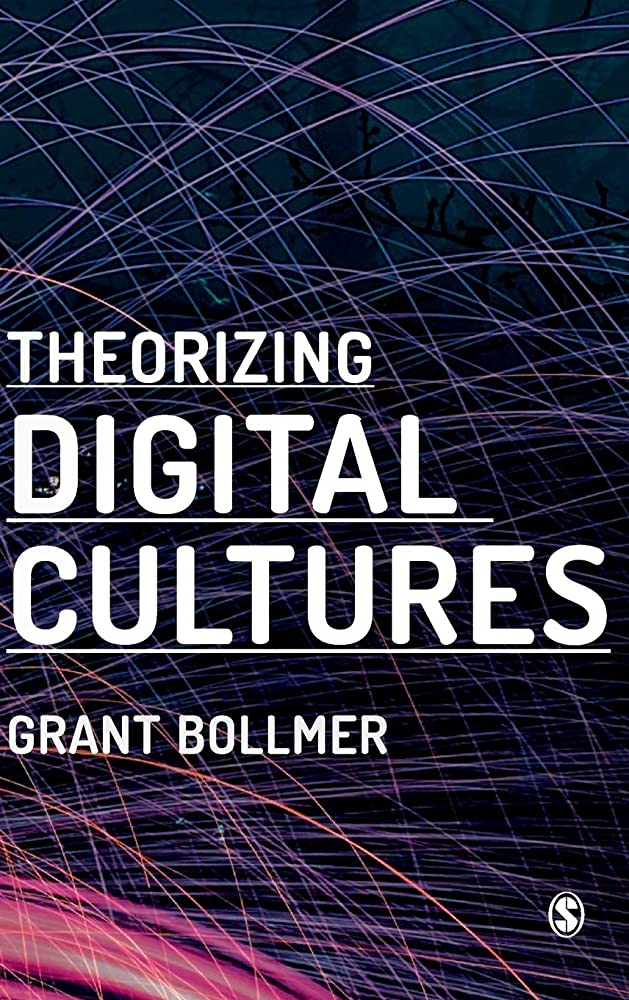Theorizing Digital Cultures
︎return home

| Published: | September 2018 |
|---|---|
| Format: | Paperback |
| Edition: | 1st |
| Extent: | 264 |
| ISBN: | 9781473966932 |
| Imprint: | SAGE Publications |
Buy it from the publisher or from Amazon.
Reviews can be found in the American Book Review and in [sic] - A Journal of Literature, Culture and Literary Translation.
The rapid development of digital technologies continues to have far reaching effects on our daily lives. This book explains how digital media—in providing the material and infrastructure for a host of practices and interactions—affect identities, bodies, social relations, artistic practices, and the environment.
Theorizing Digital Cultures:
Shows students the importance of theory for understanding digital cultures and presents key theories in an easy-to-understand way
Considers the key topics of cybernetics, online identities, aesthetics and ecologies
Explores the power relations between individuals and groups that are produced by digital technologies
Enhances understanding through applied examples, including YouTube personalities, Facebook’s ‘like’ button and holographic performers
Clearly structured and written in an accessible style, this is the book students need to get to grips with the key theoretical approaches in the field. It is essential reading for students and researchers of digital culture and digital society throughout the social sciences.
“Digital media have changed everything. Grant Bollmer shows why we must think through this change, and how to think with and about it.”
Sean Cubitt, Goldsmiths, University of London
“At last, a clear and brilliant guide to the digital world, as both a virtual and material zone. Bravo!”
Toby Miller, University of California, Riverside
“A theoretically rich and grounded text full of brand new insights into technology. Theorizing Digital Cultures lays out exactly how the relationship between digital media and culture is political. In doing so it sets a much needed example for both students and scholars on how to engage theories of media and culture in order to make sense of our emerging technological realities.”
Sarah Sharma,University of Toronto
